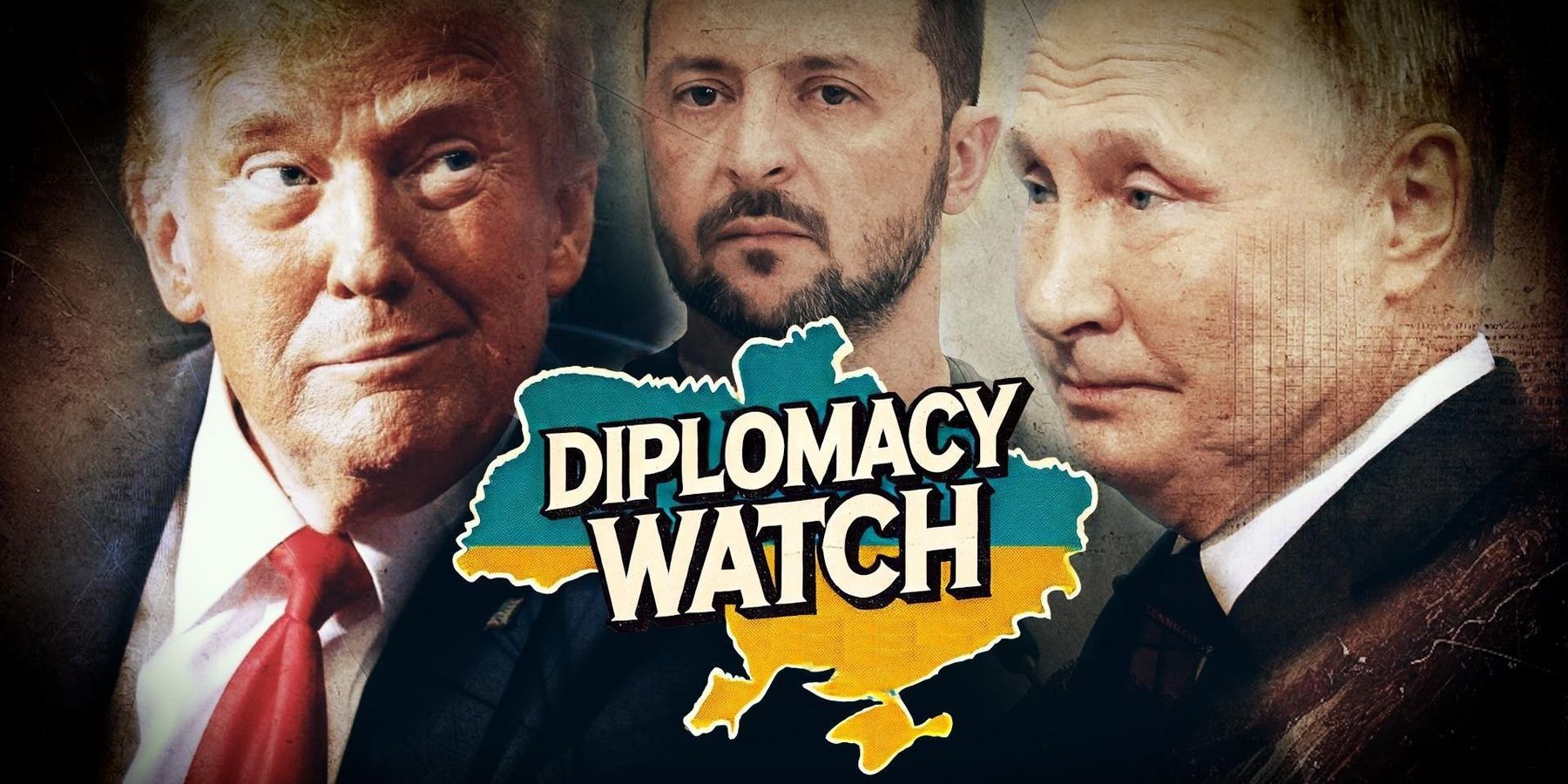According to Ukraine’s President, Volodymy Zelenskyy, at least 155 Chinese nationals are fighting for Russia in Ukraine.
Ukrainian intelligence reportedly confirmed the identities of the 155 individuals, who Zelenskyy claims were recruited through social media advertisements. This comes after Ukraine captured two fighters claimed to be Chinese nationals earlier in the week.
A list provided by the Ukrainian intelligence agency claims that the more than 150 individuals have contracts dating to 2024 and are officially part of Russia’s military, in lower ranks. Zelenskyy has asserted that the Chinese government is aware of the fighters and that there are likely “many, many more.”
“These people arrive to the Russian Federation, to Moscow. Medical examinations last three to four days. Training centers are for one to two months. They fight on the territory of Ukraine,” said Zelenskyy.
For its part, China’s Ministry of Foreign Affairs denied that Chinese citizens are fighting in Ukraine in any official capacity, calling the claims “groundless.”
“China is neither the creator nor a party to the Ukrainian crisis. We are a staunch supporter and active promoter of the peaceful resolution of the crisis,” said the department’s spokesperson, Lin Jian, in a press conference. Mr Jian added, "the Chinese government has always instructed its citizens to stay away from areas of armed conflict and avoid getting involved in the conflict in any form, especially avoiding participation in any party’s military operations.”
Beijing maintained economic and diplomatic ties with Moscow after Russia invaded Ukraine in 2022 but has claimed neutrality in the conflict, not officially providing weapons or manpower, although Zekelnskyy has alleged the opposite.
The incentives behind joining the Russian military to fight in the war remain unconfirmed. “According to the prisoner, he joined the Russian military through an intermediary in China, paying RUB 300,000 ($3,500) for the opportunity to enlist in the Russian Armed Forces,” said the Luhansk Operational Tactical Group.
Regardless of whether Zelenskyy’s claims are entirely accurate, some experts question the significance of Chinese nationals volunteering to fight for Russia.
“Paid recruits from all across the world have signed up to fight for Russia, and, considering the large border and wide gamut of ties between the two countries, it's hardly a surprise that some Chinese soldiers can be found on the Russian side of the line of contact,” said the Quincy Institute’s Mark Episkopos. “But this is a very different proposition from the claim that there is any kind of large-scale, state-sponsored Chinese effort to send units of combat troops to the frontlines in Ukraine.”
Episkopos concluded that “there has been no evidence over the course of the Ukraine war that any country has engaged in systematic efforts along these lines.”
Indeed, foreign volunteers on both sides are widespread in the conflict, even from nations that have banned their citizens from participating. Volunteers from Armenia, Kyrgyzstan, Serbia, and Moldova, among others, have assisted the Russians on the battlefield. Meanwhile, Ukraine has received volunteers for its foreign legion from many nations, including the United States, Georgia, South Korea, France, and Australia.
In other Ukraine War news this week:
The Wall Street Journal reports that Washington and Moscow participated in a prisoner swap on Thursday. The United States released dual German-Russian citizen Arthur Petrov, who was allegedly exporting microelectronics that are considered sensitive to national security. Russia freed Ksenia Karelina, an American-Russian dual citizen whom Russia charged for treason.
According to the Washington Post, Trump’s recent tariff announcement could harm Russia’s economy, even though he did not impose tariffs on Moscow. Russia’s oil has fallen 30% to about $52 a barrel as a result of the tariffs. Oil exports comprise about 30% of Russia’s economy and are subject to harsh sanctions from the United States and the European Union.
Russia has begun a new offensive in Ukraine’s northeast, according to Kyiv’s military chief, Oleksandr Syrskyi. Syrskyi said, "for several days, almost a week, we have been observing almost a doubling of the number of enemy attacks in all main directions (on the frontline)," according to Reuters.
Additionally, Zelenskyy confirmed on Monday that Ukrainian forces were in Belgorod, a border region of Russia north of Kharkiv. This incursion, reported by Reuters, marks the second time Ukrainian soldiers have been active in Russian territory.
Bloomberg reported that Zelenskyy had requested another package of military aid from the United States but that Kyiv was willing to pay for the weapons this time. The request totals $30 to $50 billion, but Zelenskyy is not asking for the package “free of charge." Ukraine could finance the deal through a direct payment or as part of the proposed mineral deal.
From the State Department’s April 8 press briefing
A reporter asked State Department spokesperson Tammy Bruce about the upcoming talks between American and Russian delegations in Istanbul, Turkey. Bruce confirmed that talks were occurring on April 10 but that the Ukraine War was not on the agenda but that the talks would focus on embassy relations
Bruce confirmed that the administration was aware of reports that Ukrainian forces captured Chinese nationals, calling them “disturbing.” She went on to call China a “major enabler” of Russia’s effort in the war.
















